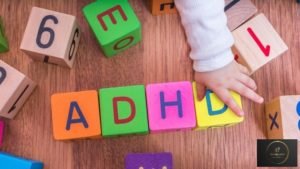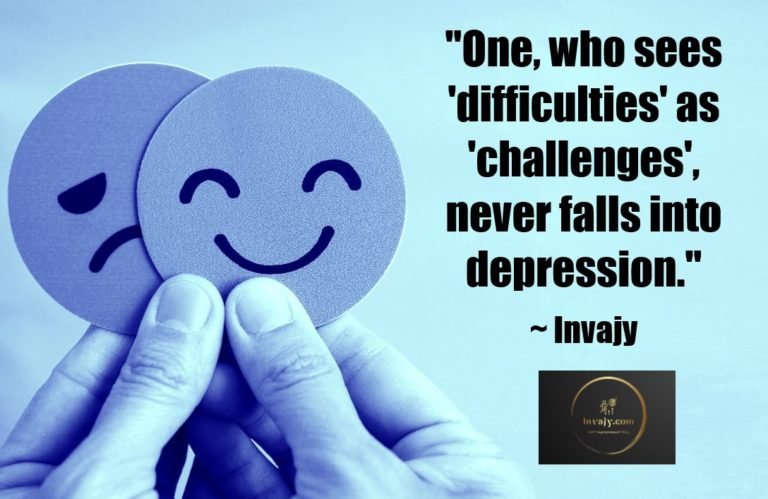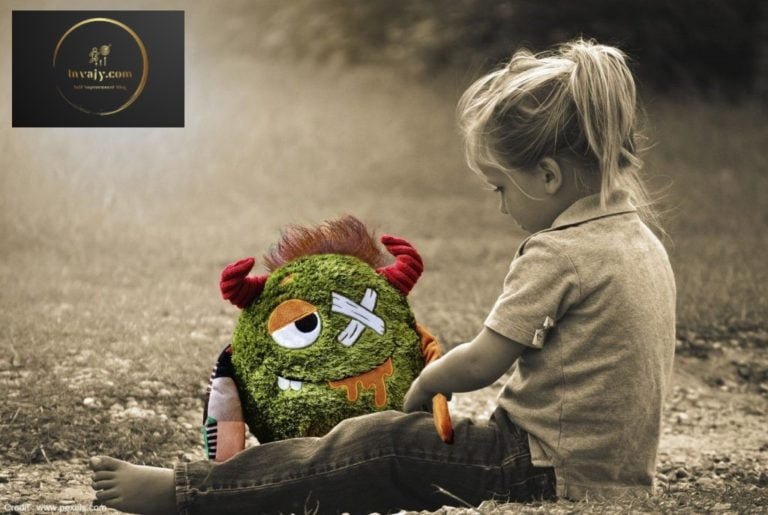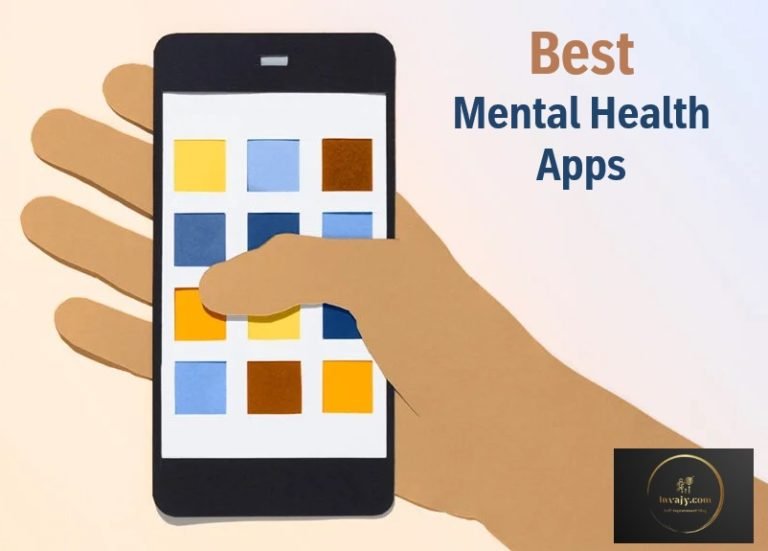Parenting a Child With ADHD
Navigate the challenges of Parenting a Child with ADHD with practical advice and support. Discover strategies to manage symptoms, foster positive behavior, and create a nurturing environment for your child’s success.

Parenting a child with ADHD (Attention Deficit Hyperactivity Disorder) isn’t like traditional childrearing. Raising and taking care of child with this neurobehavioral disorder presents a totally different set of challenges. Exploring the right ADHD management strategies may take some trial and error. But once you learn how to deal with your kid’s ADHD and help your child manage their condition, life will get easier. In this article, we will discuss that as a parent what can you do — to provide support and guidance to help kids with ADHD learn those necessary executive functioning skills, stay calm, and overcome daily challenges.
How ADHD Affects Kids?
ADHD is usually first diagnosed in childhood and often lasts into adulthood. Children with ADHD may have inattentiveness (trouble paying attention and focus), impulsiveness (may act without thinking about what the result will be), or hyperactivity (be overly active).

Inattentiveness
Because of inattentiveness kids with ADHD may:
- face difficulties in focusing or concentrating
- have trouble paying attention
- not follow the instructions and directions well
- need constant reminders to do things
- constantly change activity or task
- difficulty in performing tedious or time-consuming activities
- have trouble in planning and getting organized
- appearing forgetful or losing things
- show poor effort in schoolwork
- be found easily distracted
- seem not to listen
Impulsiveness
Because of impulsiveness kids with ADHD may:
- acting without thinking
- interrupting conversations
- blurt out
- have mood swings
- have trouble waiting, taking turns, or sharing
- little or no sense of danger
- have emotional outbursts, lose their temper, or lack self-control
Hyperactivity
Because of hyperactivity kids with ADHD may:
- being unable to sit still, especially in calm or quiet surroundings
- constantly fidgeting
- make careless mistakes
- excessive physical movement
- excessive talking
In the beginning, the parents might not realize that these behaviors are part of ADHD. It may seem like a child is just misbehaving. ADHD can leave parents feeling anxious, stressed, frustrated, or disrespected.
Parents may feel embarrassed about what others think of their child’s behavior. They may wonder if they did something to cause it. Sometimes they feel guilty of not being able to upbring the child with good etiquette. But for the kids with ADHD, the skills that control attention, behavior, and activity don’t come naturally.
How Parents Can Help?
Parenting is as important aspect as any other part of ADHD treatment. The way parents respond to child with ADHD can make his/her ADHD better — or worse. When parents learn about ADHD and increase awareness that which parenting approaches work best, they can help kids improve and do well. Here are few tips and strategies for parenting a child with ADHD.

Find the Right Treatment for Your Child
First and foremost this is to find the right ADHD treatment for your child. For most children, the best ADHD treatment involves some combination of several things:
- Behavioral Therapy
Approximately half of all children with ADHD also have behavior problems. One of the most common forms of this therapy is called cognitive behavioral therapy (CBT).
- Psychotherapy
Talk therapy can give your child a safe place to talk about their feelings and the challenges they may face living with ADHD.
- Social Skills Training
Either you or a therapist can help your child learn the skills they need to form and maintain good relationships with other kids.
- ADHD Medication
Medication for ADHD is more common than you think. About 75% of children with ADHD received medication as part of their treatment plan. Plus, the American Academy of Pediatrics recommends combining medication and therapy for best results.
Maintain a Positive Attitude
Focus on successes and victories and less on the obstacles or challenges of the child’s ADHD condition. Always have their strengths, goals and interests help drive the services and supports he/she receives to manage the symptoms of ADHD. For example, for children who are always moving, consider engaging them in physical activities like yoga, dance class, running, martial arts or similar activities in which the symptoms of ADHD may actually help them excel. It is helpful to create experiences that build on strengths and bolster self-esteem. Your positive attitude is the best tool in helping children overcome the challenges of ADHD.
Create and Sustain Structure
While a child with ADHD typically has issues with being organized, parents can help by providing structure. Children living with ADHD are more likely to succeed when they have a regular schedule of tasks each day. They can experience serious problems if their daily structure changes, or they are forced to make a big change. Create and sustain a supportive structure so that your child knows what to expect every day. Establish and follow a routine for meal times, homework, playtime, and bedtime.
Idle time could possibly make ADHD symptoms worse. However, there’s a big difference between keeping your child busy and overwhelming them. Thus, keep their schedule simple and manageable, but also activity-filled.
Encourage your child to use a daily planner to remain aware for all homework assignments.
Ensure Visual reminders to kids. Post checklists, rules, and schedules around the house to help kids remember what they’re supposed to do and when. For older kids, smartphone reminders can help too.
Create a rewards system
Children with ADHD often receive and expect criticism more so than the other children. It’s important that parents are on the lookout to praise and encourage desirable behavior and provide positive reinforcement. Some days, you might have to really look for the good behavior, but you should praise good behavior more often than you criticize bad behavior.
Positive reinforcement can also come in the form of a rewards system to improve desirable behaviors. Select a few routine tasks that you’d like your child to do and put them on a white board. Next, figure out their “motivator” — What motivates them the most? This could be a movie in theatre, dinner in his/her favorite restaurant, screen time, pocket money or even a small toy.
Each time your child performs an identified routine tasks, they earn points toward a reward or receive a small part of the reward.
Be Involved
Parent education and training is an important part of ADHD treatment. Be involved to understand your child’s condition. Increase awareness and learn all you can about ADHD. Follow the treatment plan your child’s health care provider recommends. Go to all recommended therapy visits. If your child takes ADHD medicines, give them at the scheduled time. Don’t increase or decrease the dose without checking with the doctor. Keep your child’s medicines in a safe place where others can’t get to them.
Encourage Good Nutrition
Food can affect the behavior of a child with ADHD, particularly because their distracted and/or impulsive nature may cause them to miss meals or overeat. Controlling when, what, and how much your child eats can actually help lessen their ADHD symptoms.
Be sure your child eats plenty of fresh, wholesome foods and stays away from junk food (especially fatty, sugary, and caffeine-rich foods). Enforce regular meal times so they don’t binge on unhealthy foods later. Regular and nutritious and balanced diet provides not only much needed physical nourishment but also necessary breaks and a predictable rhythm for each day.
Sleep Quality
While your child should get at least as much sleep as their non-ADHD peers, they may often not get enough. Kids with ADHD are more likely to experience shorter sleep time, problems falling asleep and staying asleep, and have a higher risk of developing a sleep disorder. Improving sleep quality has the potential to reduce ADHD problems and to have a positive impact on everyday life of the your child.
Implement a consistent bedtime routine for your child. Ensure the bedroom is quiet, dark, relaxing, and at a comfortable temperature. Remove distracting electronic devices, such as TVs, computers, and smart phones, from the bedroom. Find a way to lead your child to a calmer state about an hour before bedtime. You can do this by cutting off TV watching and other highly stimulating activities and finding calmer things to do, such as coloring or reading.
Over to You
I hope, if you will use above tips and strategies for parenting; you will surely be able to manage the ADHD condition of your child in a better way.
That’s all from my side. I hope, you liked this article on how parents can help a child with ADHD to manage the disorder. Please share this on your favorite social media portals with your friends and relatives to help them parenting a child with ADHD.
(Medical Disclaimer: This article is for general information only. It is not intended to be a substitute for professional medical advice, diagnosis or treatment. Before adopting preventive methods/measures/treatment, please seek medical advice.)






